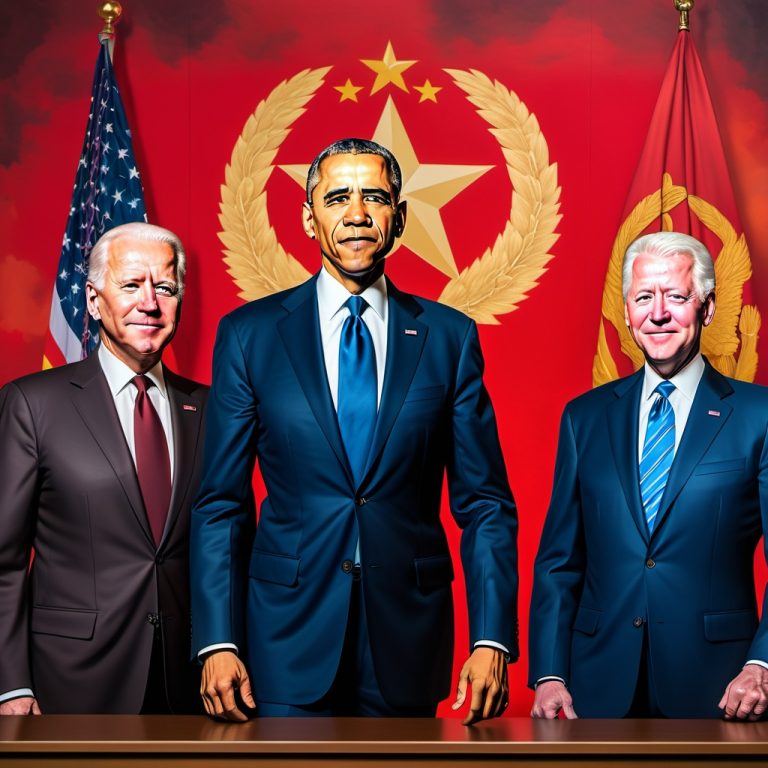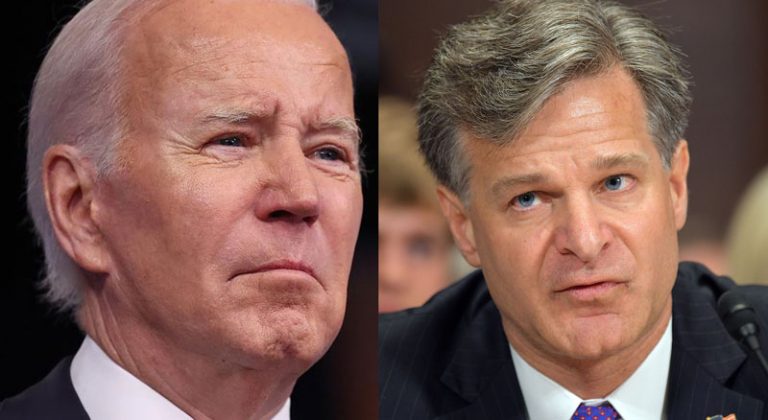Washington D.C. – A newly formed department within the US government, the Department of Government Efficiency (DOGE), has released a report detailing a series of planned expenditures of US taxpayer dollars on a range of international projects. The revelations have sparked debate and controversy, particularly concerning a $21 million allocation earmarked for “voter turnout” initiatives in India.
The DOGE report outlines a list of projects slated to receive significant funding, all of which have now been cancelled pending further review. These projects span a wide range of initiatives across multiple continents. Some of the most notable allocations include:
- $10 million for “Mozambique voluntary medical male circumcision”
- $9.7 million for UC Berkeley to develop “a cohort of Cambodian youth with enterprise-driven skills”
- $2.3 million for “strengthening independent voices in Cambodia”
- $32 million to the Prague Civil Society Centre
- $40 million for a “gender equality and women empowerment hub”
- $14 million for “improving public procurement” in Serbia
- $486 million to the “Consortium for Elections and Political Process Strengthening,” including $22 million for “inclusive and participatory political process” in Moldova and the aforementioned $21 million for voter turnout in India
- $29 million to “strengthening the political landscape in Bangladesh”
- $20 million for “fiscal federalism” in Nepal
- $19 million for “biodiversity conversation” in Nepal
- $1.5 million for “voter confidence” in Liberia
- $14 million for “social cohesion” in Mali
- $2.5 million for “inclusive democracies in Southern Africa”
- $47 million for “improving learning outcomes in Asia”
- $2 million to develop “sustainable recycling models” to “increase socio-economic cohesion among marginalized communities of Kosovo Roma, Ashkali, and Egypt”
The allocation of $21 million towards voter turnout initiatives in India has drawn the most intense scrutiny. Critics question the appropriateness of using US taxpayer money to influence electoral processes in a sovereign nation. Concerns have been raised about potential interference and the perception of biased involvement in India’s democratic process.
While proponents argue that the funding was intended to promote fair and democratic elections, opponents view it as an overreach and a potential violation of national sovereignty. The DOGE’s report has fueled calls for greater transparency and accountability in the allocation of foreign aid.
The controversy surrounding these funding allocations is expected to intensify in the coming weeks as lawmakers and the public demand further explanations and a thorough review of the decision-making process behind these initiatives. The DOGE has stated its commitment to ensuring that future funding decisions align with US interests and respect the sovereignty of other nations. The department has not given any specific dates when the reviews will be over.
US taxpayer dollars were going to be spent on the following items, all which have been cancelled:
— Department of Government Efficiency (@DOGE) February 15, 2025
– $10M for "Mozambique voluntary medical male circumcision"
– $9.7M for UC Berkeley to develop "a cohort of Cambodian youth with enterprise driven skills"
– $2.3M for "strengthening…


















+ There are no comments
Add yours